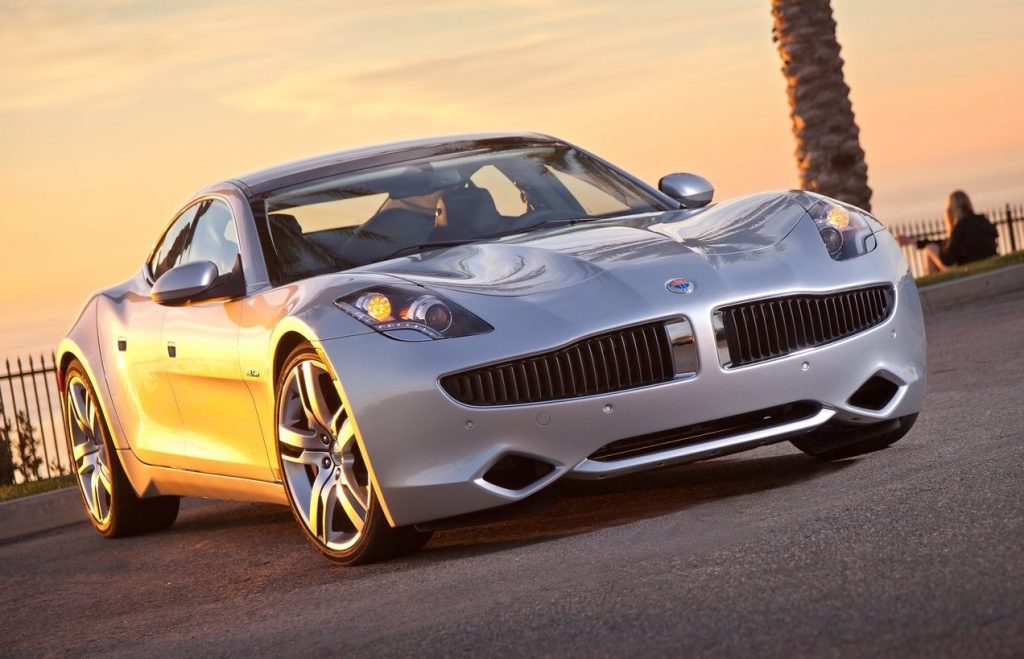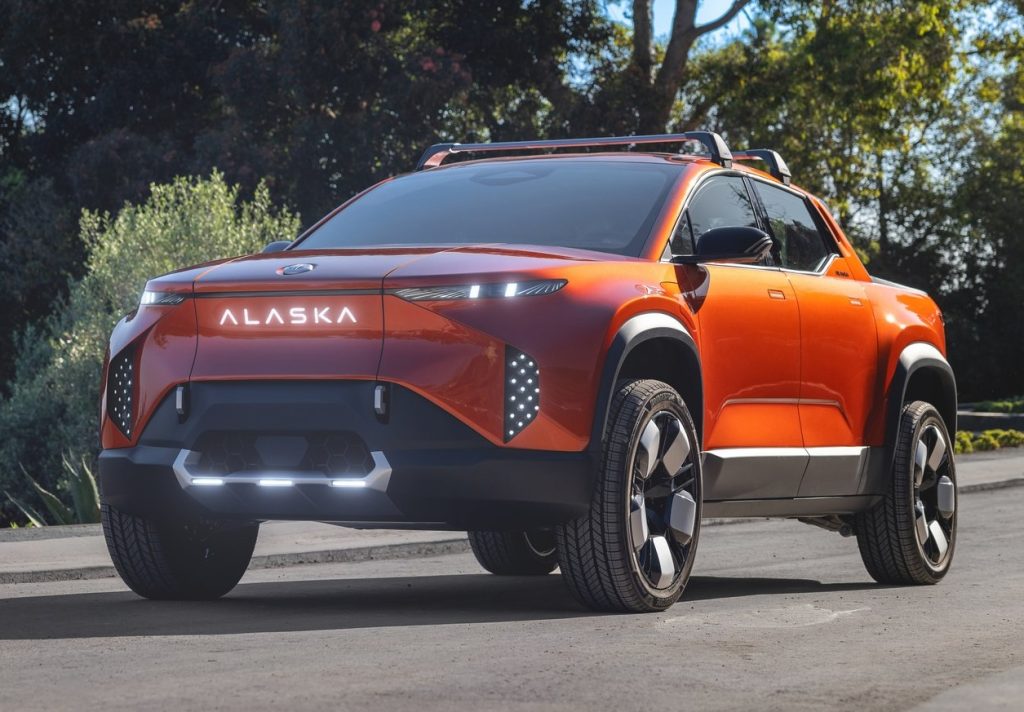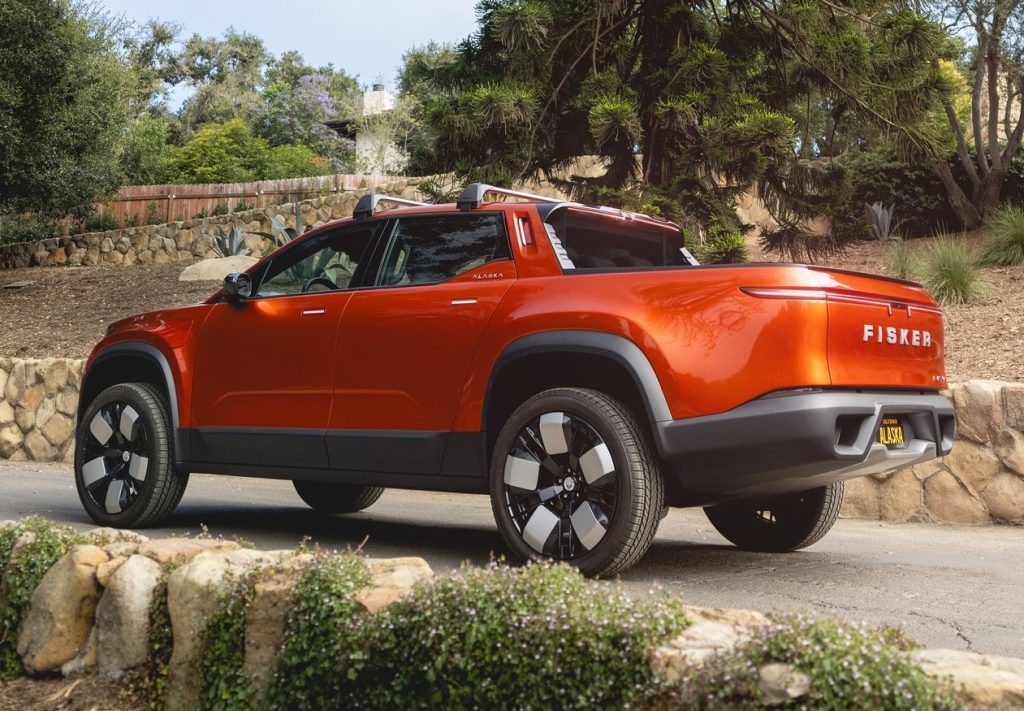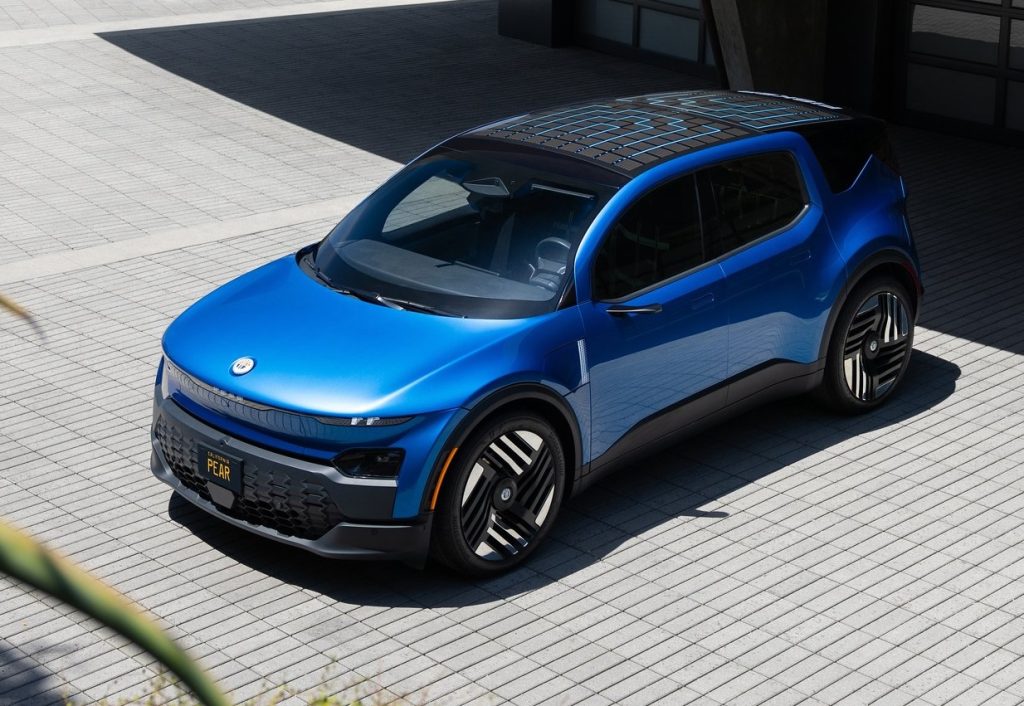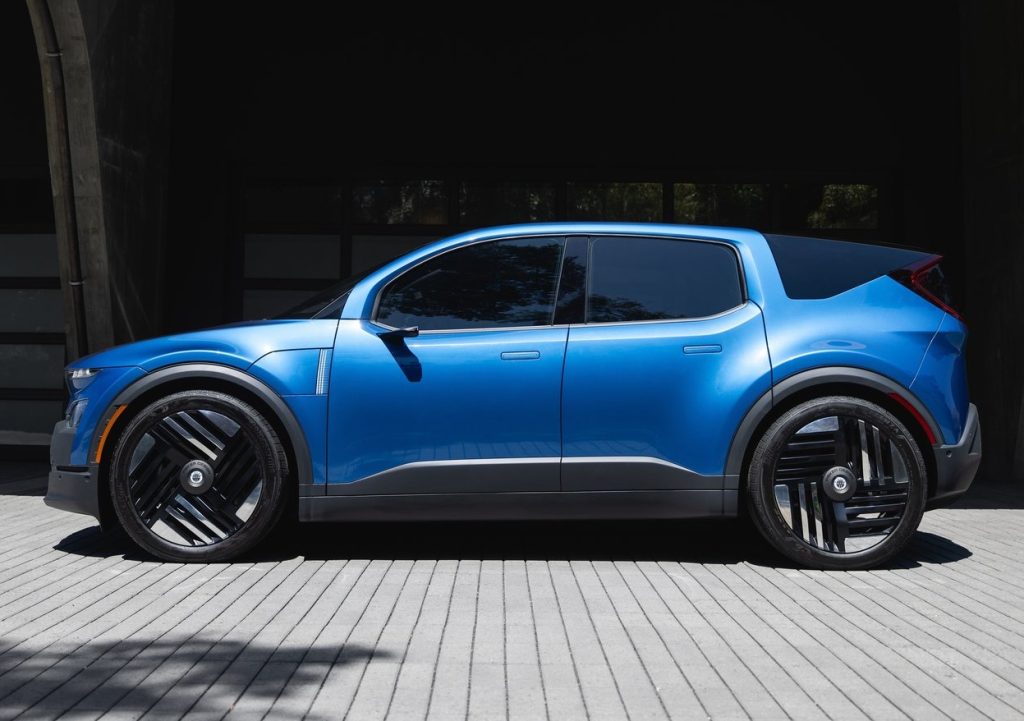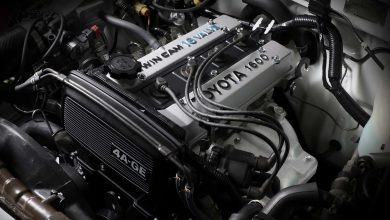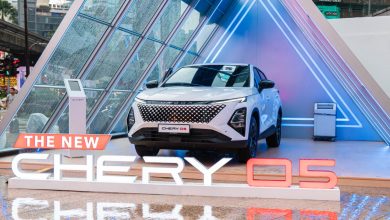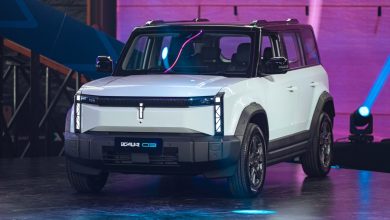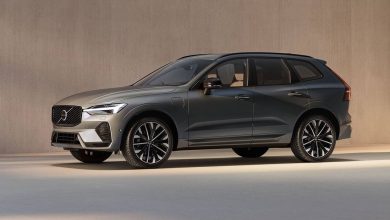Troubled EV Startup Fisker Files For Chapter 11 Bankruptcy
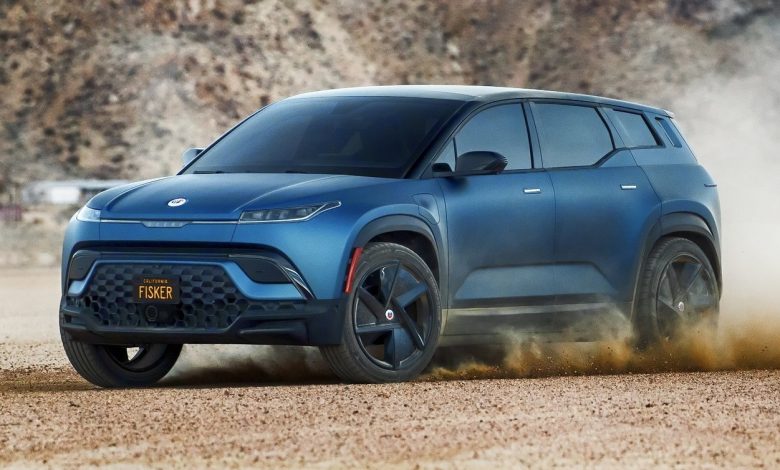
The bankruptcy filing comes just a year after Fisker begins deliveries of its Ocean SUV to customers.
In what is an unfortunate but inevitable turn of events, troubled EV manufacturer Fisker has recently filed for Chapter 11 bankruptcy protection in the United States.
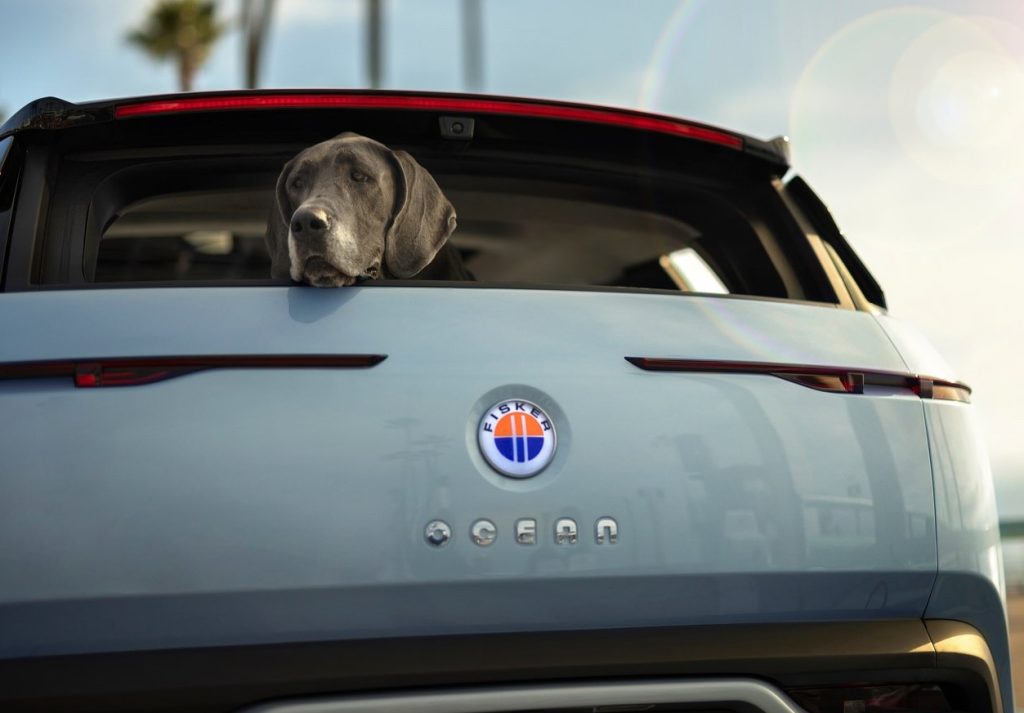
The Californian-based automaker founded by Henrik Fisker currently claims it has assets worth anywhere from $500 million (RM 2.36 billion) to $1 billion (RM 4.71 billion), but also liabilities of $100 million (RM 471 million) to $500 million (RM 2.36 billion). Per to the court filing in Delaware where it filed for Chapter 11 bankruptcy too, the EV upstart estimates it has between 200 and 999 creditors.
A statement regarding its bankruptcy filing has also since been released by Fisker, stating: “Like other companies in the electric vehicle industry, we have faced various market and macroeconomic headwinds that have impacted our ability to operate efficiently. After evaluating all options for our business, we determined that proceeding with a sale of our assets under Chapter 11 is the most viable path forward for the company.”
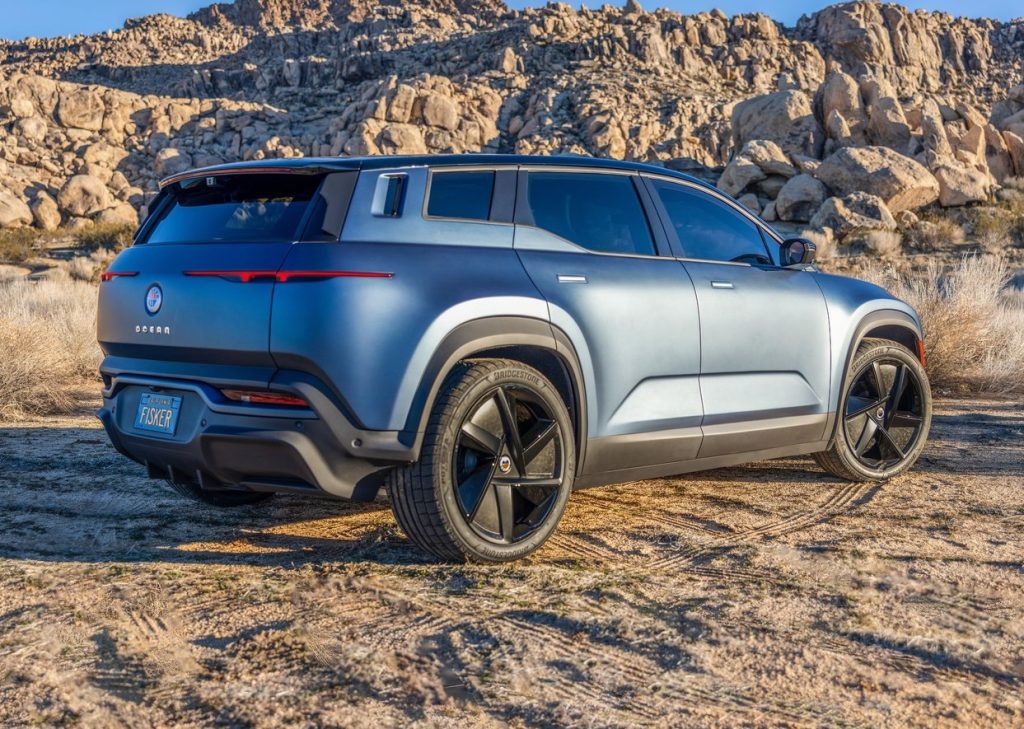
Fisker’s bankruptcy filing comes as it finally succumbs to the rapid cash burn sustained in its efforts to deliver its debut model, the Ocean SUV. The EV startup managed to deliver just 4,929 of its e-crossover to customers in 2023, despite spending nearly $905 million (RM 4.25 billion) on operating and investing activities.
This much-hyped EV was also plagued with problems from the start, as customers reported an array of software and mechanical problems on early examples. A scathing review from noted tech reviewer MKBHD certainly did not help its brand image, nor too was news that the US auto safety regulators had opened a preliminary probe into a potential phantom braking issue on these e-crossovers.
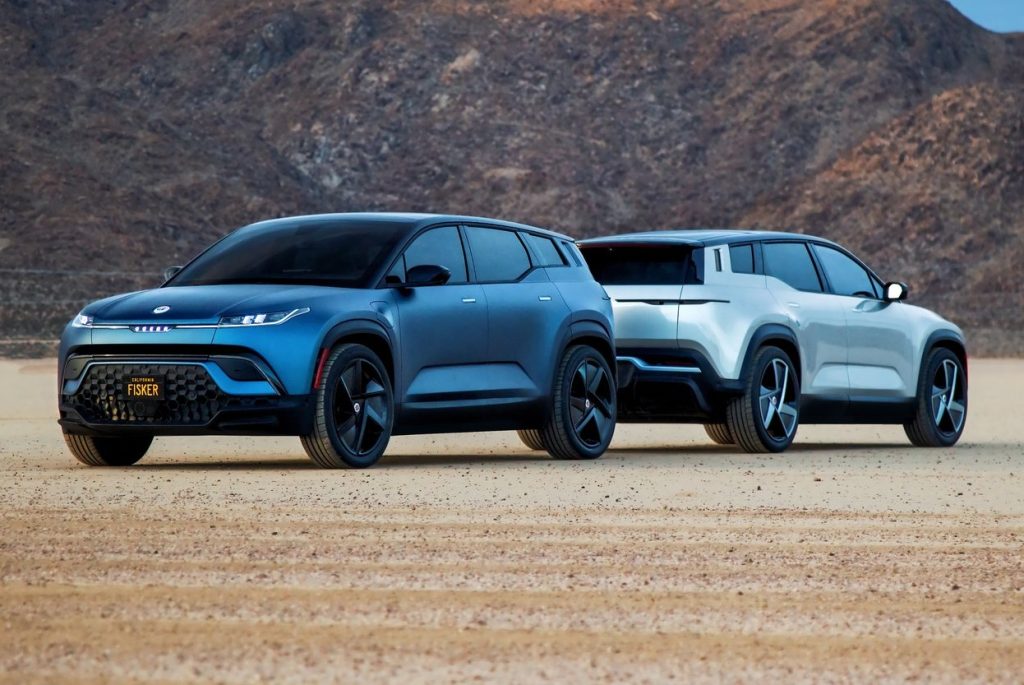
Now as for when cracks first began to become apparent to Fisker’s troubled financials meanwhile, all could be traced back to when the automaker itself publicly admitted back in late February that it has only 12 months of cash reserves left before the money runs out. A bit of a slippery slope of bad news then ensued as it was announced that production of the Ocean was to be halted at its contract manufacturer Magna Steyr’s factory in Austria in mid-March 2024, with the company then slashing the base price of this e-crossover from from $38,999 to $24,999 in a desperate attempt to find buyers for unsold cars.
The final nail in Fisker’s coffin though came about when it failed in April to secure funds from a large automaker in a last-ditch effort to rescue the enterprise, with said large automaker having been speculated by many to be Nissan. The EV upstart had explored options that included in- or out-of-court restructurings and capital markets transactions in the intervening time before eventually filing for bankruptcy protection, with it having also cut its workforce by about 15%.
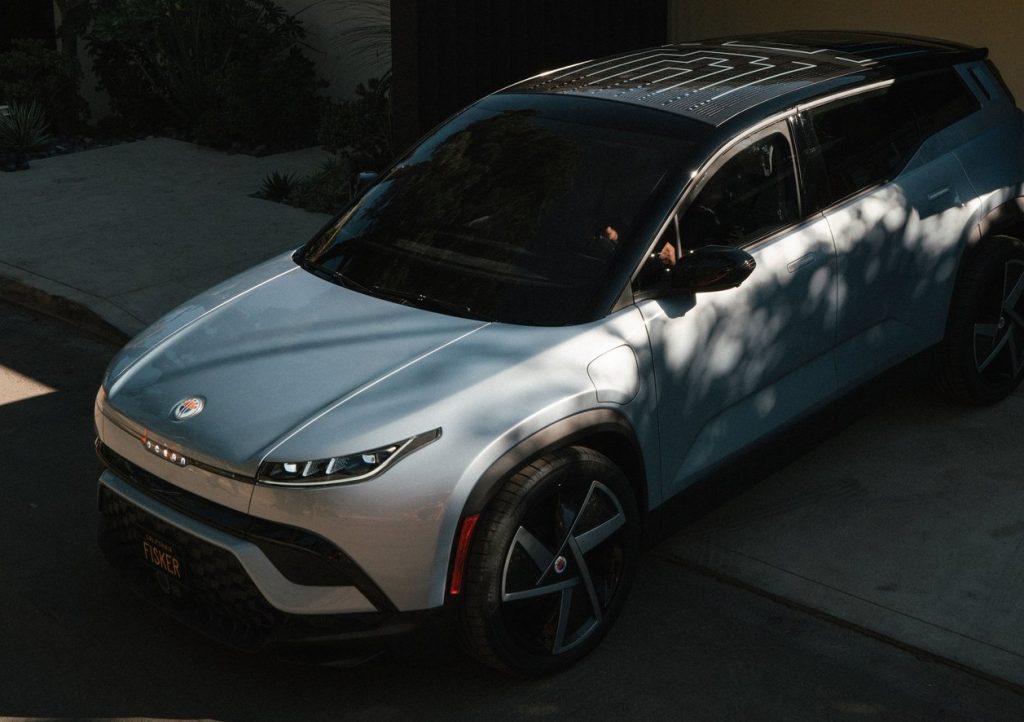
Fisker originally had some rather grand plans for its lineup after its Ocean debut model, with one of the more ambitious being the Ronin five-seat all-electric GT convertible. These hand-built drop tops were supposedly to cost $385,000 (RM 1.85 million) apiece and limited to only 999 units, with its maker further touting that its 1,000 hp drivetrain being capable enough in propelling it to a two-second century sprint time.
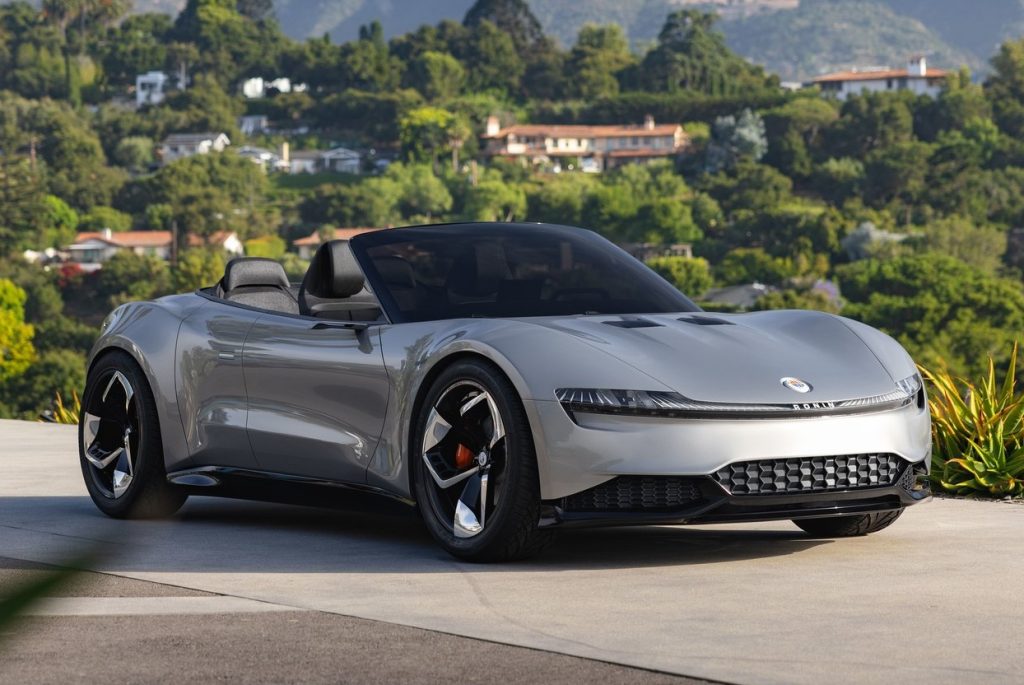
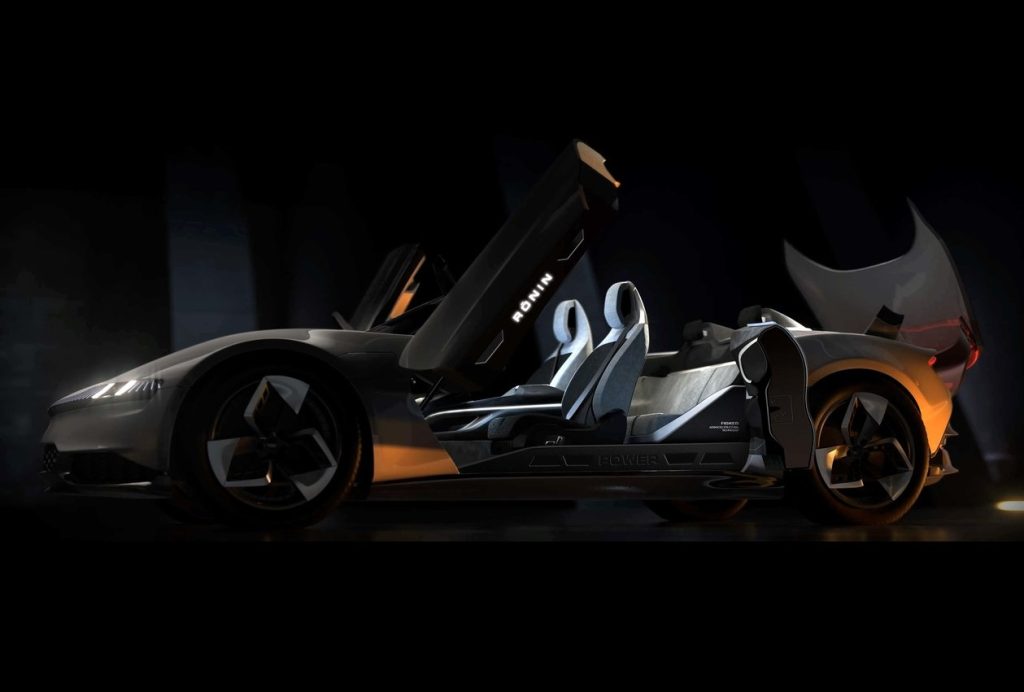
For those who prefer something more utilitarian meanwhile, Fisker has also previously teased its Alaska all-electric pickup truck that was supposed to go into production in the United States in the first quarter of 2025. Its Pear compact crossover in turn was supposed to be its entry-level model with broad mass-market appeal, and its claimed base price of $29,900 (RM 141,000) before incentives was testament to that.
Just for those too who have read this far thinking that this whole story sounds familiar, this is in fact not the first time a company founded by Henrik Fisker has gone bust. Such is as Fisker Automotive, the original company behind the Fisker Karma, also previously filed for bankruptcy in November 2013.
Chinese auto parts supplier Wanxiang Group had later purchased assets of Fisker Automotive for $149.2 million (RM 928 million) in a bankruptcy auction about a decade ago, with it to still be selling roughly the same sleek four-door hybrid till this day under the Karma Automotive brand.
